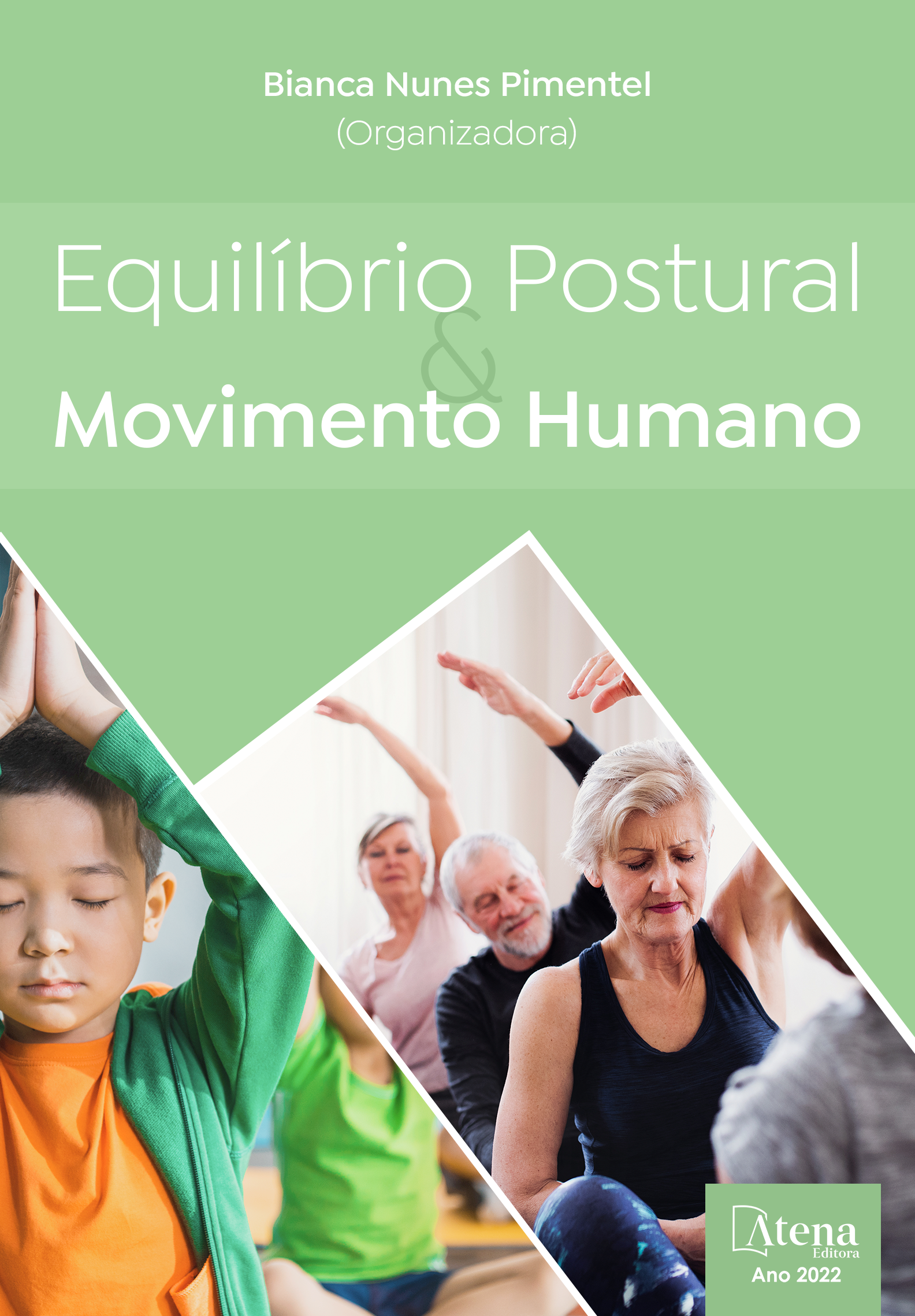
EQUILÍBRIO POSTURAL EM PESSOAS COM DEFICIÊNCIA VISUAL: DESENVOLVIMENTO INFANTIL E CARACTERÍSTICAS NO ADULTO
O objetivo da presente pesquisa foi analisar o desenvolvimento e as características do equilíbrio corporal de sujeitos com deficiência visual. Pesquisa qualitativa baseada em uma revisão integrativa da literatura. A busca ocorreu no Portal de Periódicos da Capes, em janeiro de 2021. Foram utilizados os descritores (blind* OR vision disorders OR low vision) AND (postural balance OR Vestibular Function Tests OR vestibular* OR child development). Foi realizado um teste piloto com a estratégia de busca supracitada. Para complementar a busca utilizou-se o Google Acadêmico. Na etapa de triagem, foram excluídos: cartas ao editor, revisões de literatura e resumos; artigos sem dados empíricos ou teóricos sobre avaliação do desenvolvimento motor, sensorial ou do equilíbrio corporal em sujeitos com deficiência visual; artigos indisponíveis na íntegra. Não houve limite de tempo, visando uma busca ampliada na literatura. Após análise qualitativa, foram selecionados 18 artigos. Os resultados dessa revisão revelam que há atraso no desenvolvimento de crianças com deficiência visual em alguns aspectos (marcha, funções de equilíbrio, habilidades motoras). Encontrou-se alterações musculoesqueléticas e na biomecânica articular (inclinação da cabeça, posição irregular de ombros, postura da escápula, retração muscular. Apesar de os indivíduos cegos apresentarem déficits na manutenção do equilíbrio corporal, isso é compensado, de alguma forma, pela intensificação dos demais sistemas, com adaptações neuroplásticas no córtex e regiões subcorticais referentes à locomoção e espacialidade.
EQUILÍBRIO POSTURAL EM PESSOAS COM DEFICIÊNCIA VISUAL: DESENVOLVIMENTO INFANTIL E CARACTERÍSTICAS NO ADULTO
-
DOI: 10.22533/at.ed.8102221043
-
Palavras-chave: Equilíbrio Postural. Cegueira. Transtornos da Visão. Testes de Função Vestibular. Desenvolvimento Humano.
-
Keywords: Postural Balance. Blindness. Vision Disorders. Vestibular Function Tests. Human Development.
-
Abstract:
The aim of this study was to analyze the development and characteristics of postural balance in subjects with visual impairment. Qualitative research based on an integrative literature review. The search took place on the Portal de Periódicos Capes, in June 2020. We used the descriptors (blind* OR vision disorders OR low vision) AND (postural balance OR Vestibular Function Tests OR vestibular* OR child development). A pilot test was carried out with the search strategy. We use Google Scholar to complement the search. In the screening stage, were excluded: letters to the editor, literature reviews and abstracts; articles without empirical or theoretical data on assessment of motor, sensory development or postural balance in subjects with visual impairment; articles unavailable in full. There was no time limit, aiming at an expanded search in the literature. After qualitative analysis, 18 articles were selected. The results of this review reveal that there is a delay in the development of children with visual impairment in some aspects (gait, balance functions, motor skills). Musculoskeletal and joint biomechanical changes were found (inclination of the head, irregular shoulder position, scapular posture, muscle retraction. Although blind individuals show deficits in maintaining postural balance, this is somehow offset by the intensification of the other systems, with neuroplastic adaptations in the cortex and subcortical regions related to locomotion and spatiality.
-
Número de páginas: 15
- Husni Pimentel Jumann Scharif
- Bianca Nunes Pimentel


